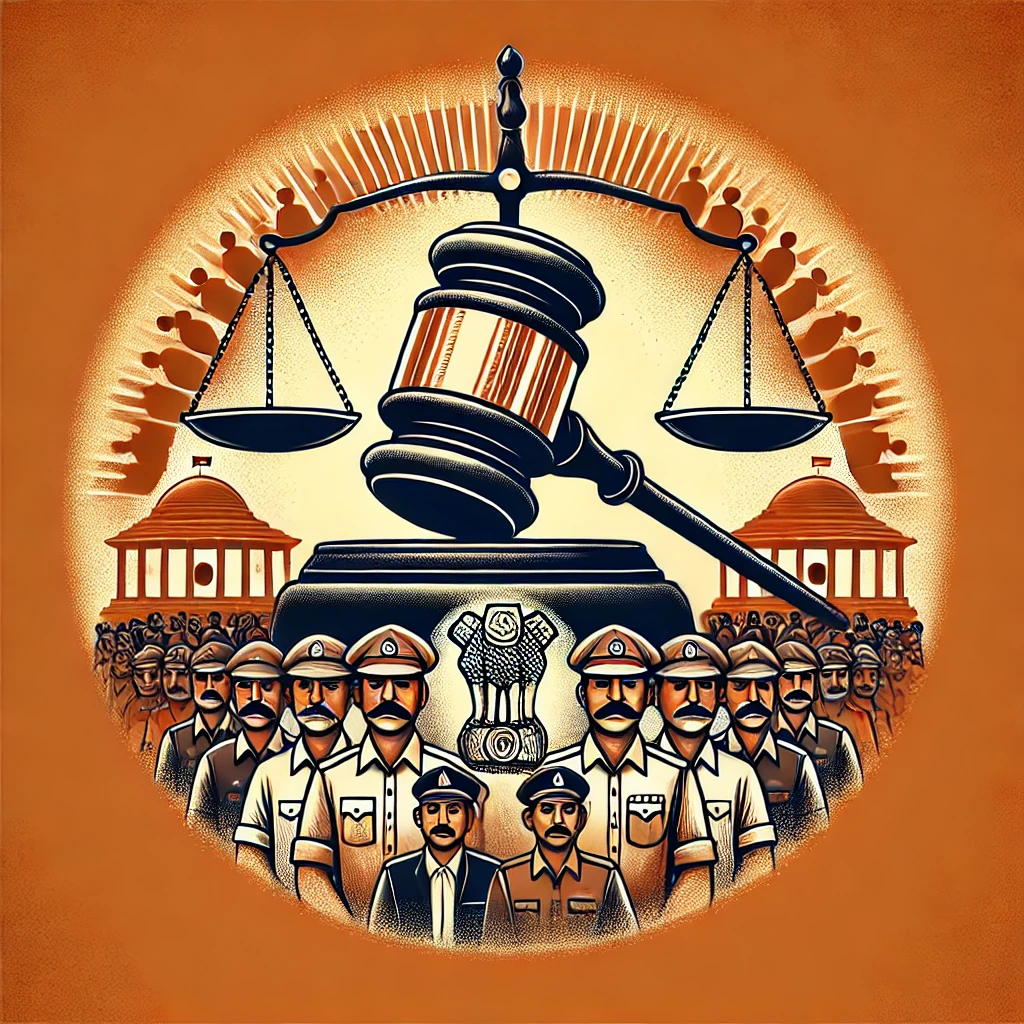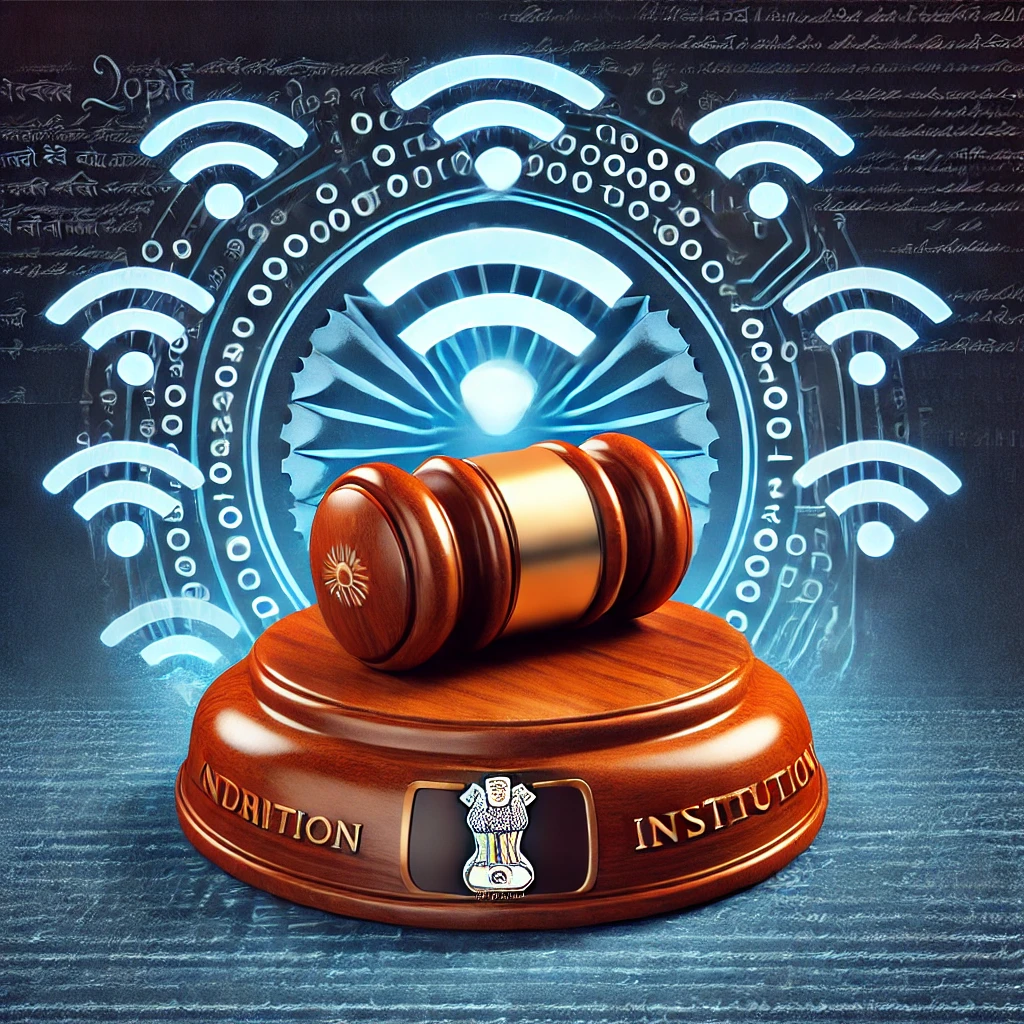SC Says Pre-Litigation Mediation Must Be Mandatory in Family Cases: A Compassionate Step Forward
- ByAdmin --
- 14 Apr 2025 --
- 0 Comments
In a world where legal battles often turn relationships into war zones, the Supreme Court of India has taken a heartfelt step toward healing rather than hurting. In a significant observation in early 2025, the Court recommended that pre-litigation mediation should be mandatory in family disputes — especially cases involving marriage, divorce, custody, and maintenance.
While not yet codified into law, the Court’s remarks signal a cultural and procedural shift — away from adversarial litigation and towards compassionate conflict resolution.
The Context: Why Family Courts Are Strained
Family courts in India are flooded with cases — from acrimonious divorces to ugly custody battles. Many of these cases:
- Drag on for years
- Affect children and elders emotionally
- Involve deep-rooted personal grief that the court system struggles to resolve
Judges themselves have admitted that litigation often deepens emotional wounds rather than closes them.
The Case That Triggered This Push
The Supreme Court was hearing a matrimonial dispute between a couple battling for divorce and child custody. Despite multiple hearings, the bitterness only grew. Observing this, Justice B.V. Nagarathna suggested that pre-litigation mediation should be a compulsory gateway before such cases are formally filed.
Her words were powerful:
“Marriage is not a contract between corporations. It’s a bond between people. Courts must be the last resort — not the first stop.”
What is Pre-Litigation Mediation?
It is a structured process where trained mediators help parties resolve disputes before they step into the courtroom. In family cases, this means:
- Confidential sessions
- Non-confrontational environment
- An attempt to explore mutually agreeable solutions
Unlike courtroom verdicts, mediated agreements often feel less like defeat and more like dignity.
How the Supreme Court Framed It
The Court made a series of strong recommendations:
- All matrimonial and family disputes should first go through a mandatory mediation window
- Mediation centers must be established at every family court
- Mediators should be trained in empathy and cultural nuance, not just law
- Proceedings must ensure no coercion, especially in domestic violence or abuse cases
Why This Matters
This could be a turning point for India’s legal approach to family issues. Here’s why:
- Emotional Healing
Unlike courtrooms, mediation is less adversarial. It allows parties to talk, cry, vent, and most importantly — listen.
- Faster Resolutions
While litigation can drag for years, mediation often leads to resolution within weeks or months.
- Focus on Children
Mediation gives space to prioritize the well-being of children, helping parents move from “winning” to co-parenting.
- Reduced Court Burden
Family courts are overburdened. If even 30–40% of cases get resolved in pre-litigation mediation, it would ease judicial workload.
Challenges Ahead
Of course, there are hurdles:
- Lack of trained mediators, especially in rural areas
- Mistrust between parties might make early dialogue impossible
- Power imbalances in abusive marriages could make mediation unsafe
The Court acknowledged these and stated that exemptions must exist for cases involving abuse, dowry harassment, or threat of violence.
What Comes Next?
While this is a judicial recommendation and not yet binding law, it is likely to:
- Influence policy changes in the Family Courts Act
- Encourage High Courts to issue procedural rules
- Inspire pilot projects in Delhi, Bangalore, Mumbai and other major cities
States like Kerala and Maharashtra already run successful court-annexed mediation programs. With Supreme Court backing, these could become a national standard.
A Kinder Way to Resolve Broken Bonds
The courtroom may deliver justice, but it rarely delivers peace. By suggesting pre-litigation mediation as mandatory, the Supreme Court is not just saving time — it's saving dignity, relationships, and emotional sanity.
Because when families fall apart, the law should be a bridge, not a battlefield.










































































































































































































































































































































































































































































































































































































































































































































































































































































































































0 comments